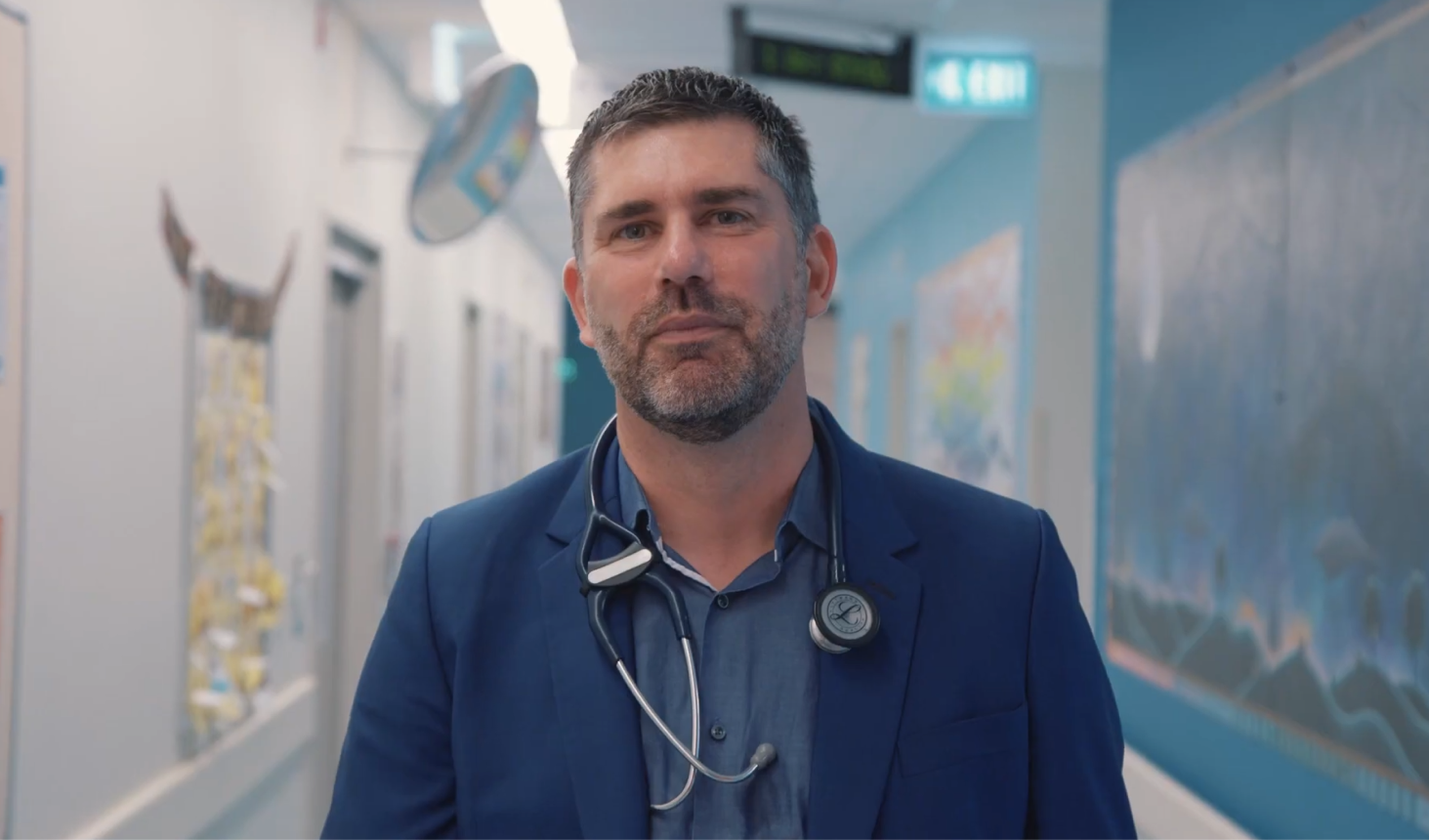
Prevention of admission for bronchiolitis
What is the problem and who does it affect?
Bronchiolitis is a viral infection of the lower respiratory tract, and the most common reason for New Zealand children under one year of age being admitted to hospital. Maori and Pasifika children, as well as children from lower socioeconomic backgrounds, are overrepresented in these figures.
Aside from its direct effect on the children presenting with the condition, bronchiolitis is a significant drain on scarce resources. It follows that, to improve children’s outcomes and reduce wasteful spending, a reduction in admissions is a good place to start.
What does this research aim to achieve?
Dr Stuart Dalziel from Starship Children’s Hospital is undertaking a project which will assess the effectiveness of using a combination of nebulised adrenaline and oral dexamethasone – a corticosteroid – to treat children who present with symptoms consistent with bronchiolitis to the Emergency Department.
Previously researchers in Canada undertook a comprehensive placebo-controlled trial which showed adrenaline and corticosteroids on their own are ineffective. However, a more surprising finding was the success of the drugs when taken together; there was a 35% decrease in hospital admissions compared to the placebo group.
These findings have informed the development of a similar trial here. Dr Dalziel and his team will enrol 300 children under one year of age, half of which will receive the combination of drugs, and the other half, an identical – in smell, taste, look, colour & weight – placebo. Together with sites in Australia and Canada, 1616 infants will be enrolled across the three countries resulting in the largest ever trial in bronchiolitis, and providing clinicians with robust information to inform clinical care for this very common condition.
The trial will take place over three years allowing the team to recruit sufficient numbers of children to ensure they have confidence in the outcomes. If the findings are commensurate with the previous trial, this would present a compelling argument for changing current treatment guidelines. A positive result will also contribute directly to reducing inequality.

Help fund our big research.
Every bit helps.
